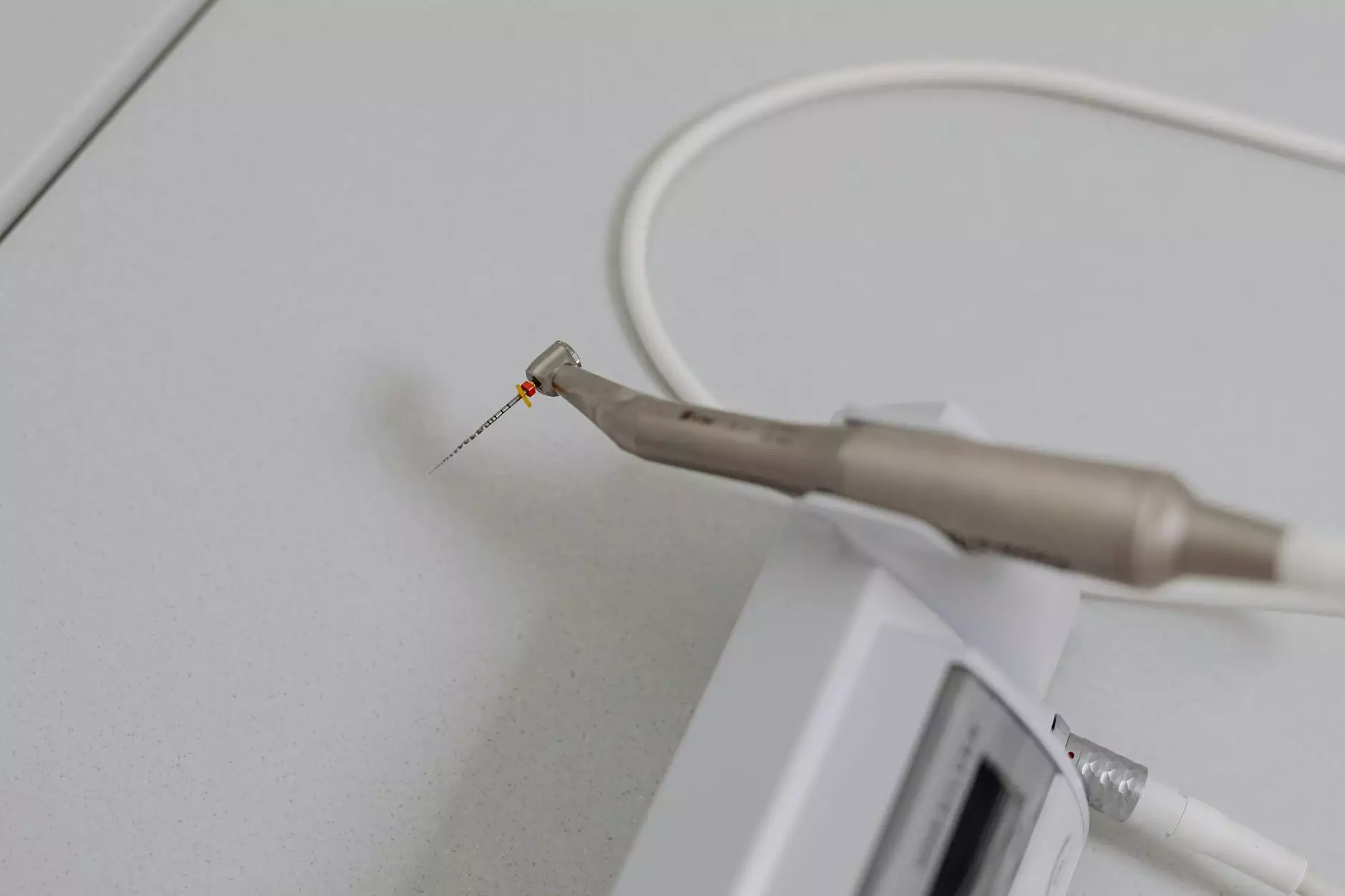Understanding Zolpidem: Benefits, Uses, and Precautions

Zolpidem is a widely recognized medication prescribed primarily for the short-term treatment of insomnia. As part of the sedative-hypnotics class, this medication helps individuals fall asleep faster and stay asleep longer. Within this article, we will explore the various aspects of zolpidem tab 10mg, including its benefits, appropriate usage, potential side effects, and important precautions.
The Mechanism of Action of Zolpidem
Understanding how zolpidem works is essential for those considering or currently using this medication. Zolpidem acts upon the brain by enhancing the effects of a neurotransmitter called GABA (gamma-aminobutyric acid). GABA is pivotal in inducing sleepiness and reducing anxiety; hence, by amplifying its effects, zolpidem tab 10mg effectively promotes the onset of sleep and extends duration.
Indications for Zolpidem Use
Primarily, zolpidem is prescribed to treat various issues related to sleep, specifically:
- Insomnia: The primary indication for zolpidem is to help individuals suffering from insomnia characterized by difficulty falling asleep.
- Sleep Maintenance: For those who achieve sleep but repeatedly awaken through the night, zolpidem tab 10mg may help provide a more consolidated sleeping experience.
- Pre-surgery Anxiety: Some healthcare providers may recommend zolpidem for patients facing pre-surgical anxiety, as it can help relax individuals prior to medical procedures.
Recommended Dosage of Zolpidem
The standard prescribed dose of zolpidem tab 10mg varies based on individual patient needs, but typically, it is as follows:
- Initial Dosage: For adults, the usual recommendation is a single dose of 10 mg taken just before bedtime.
- Adjustment: Elderly patients or those with hepatic impairment may require a lower dosage, often starting at 5 mg to mitigate the risk of side effects.
Important: Always consult a healthcare professional before starting or adjusting your dosage of zolpidem to ensure efficacy and safety tailored to your health condition.
Possible Side Effects of Zolpidem
While zolpidem is generally well-tolerated, it can lead to some side effects. Common side effects may include:
- Drowsiness: Excessive sleepiness the next day is a frequent complaint.
- Dizziness: This may occur, leading to an increased risk of falls.
- Headaches: Some users report experiencing headaches.
- Unusual Behavior: Rarely, individuals might engage in activities like sleepwalking or preparing and eating food while in a semi-conscious state.
Warning: If you experience severe side effects such as memory loss, mood changes, or hallucinations, it is crucial to seek medical attention immediately.
Precautions and Contraindications
Before taking zolpidem tab 10mg, it is essential to discuss any pre-existing health conditions and medications with your healthcare provider. Specific precautions include:
- Allergy Considerations: Inform your doctor if you have an allergy to zolpidem or any other components in the medication.
- Respiratory Conditions: Patients with respiratory issues like COPD should exercise caution due to the sedative effects of the medication.
- Alcohol Consumption: Avoid alcohol while taking zolpidem as it can exacerbate drowsiness and impair behavior.
Pregnancy and Nursing: Zolpidem should be avoided during pregnancy and breastfeeding unless explicitly prescribed by a healthcare professional, as it may affect the fetus or nursing infant.
How to Take Zolpidem Correctly
Proper administration of zolpidem tab 10mg is critical for achieving desired outcomes without unnecessary risks. Follow these tips:
- Timing: Take zolpidem immediately before bedtime to minimize the likelihood of carryover effects into the next day.
- Empty Stomach: For optimal absorption, consider taking zolpidem on an empty stomach.
- Swallow Whole: Do not crush or chew the tablets, as doing so can alter the release of the medication in your system.
Drug Interactions
Be aware of potential drug interactions when taking zolpidem. Some medications that may interact include:
- Other CNS Depressants: Combining zolpidem with other sedatives can intensify drowsiness and risk of respiratory depression.
- Antidepressants: Certain antidepressants may alter the effects of zolpidem on the brain.
- Antihistamines: Concurrent use of antihistamines can increase sedation.
Alternative Treatments for Insomnia
For individuals seeking alternatives to medication, various non-pharmacological approaches can aid in managing insomnia:
- Cognitive Behavioral Therapy (CBT): This is a structured program that helps patients reframe negative thoughts about sleep and identify behaviors that contribute to sleep issues.
- Sleep Hygiene Practices: Maintaining a consistent sleep schedule, creating a restful environment, and limiting screen time before bed can significantly improve sleep quality.
- Relaxation Techniques: Activities such as meditation, deep breathing exercises, or light yoga can promote relaxation and ease the transition to sleep.
Conclusion
In summary, zolpidem tab 10mg is an effective solution for many individuals suffering from insomnia, providing the relief needed for better sleep quality. However, understanding its mechanism of action, proper usage, potential side effects, and necessary precautions ensures that patients can safely benefit from this medication. Consider discussing with a healthcare provider to evaluate whether zolpidem is the right treatment for your specific needs. Remember that improving sleep is a vital part of overall health and well-being.









